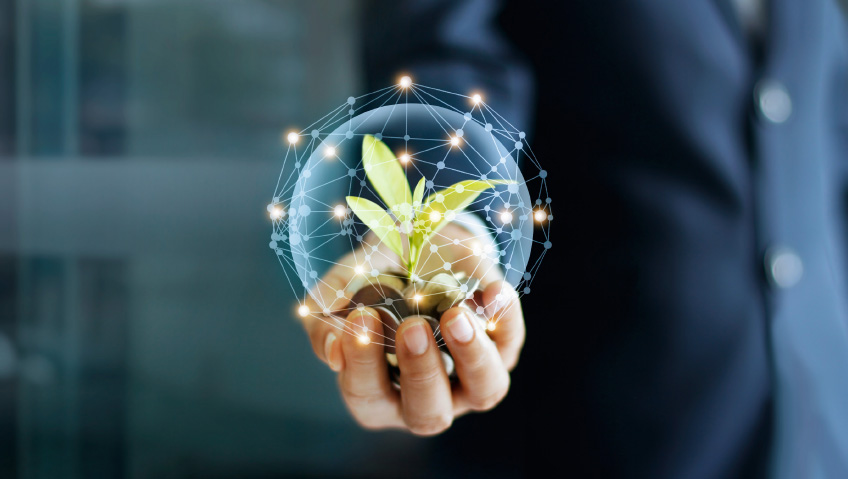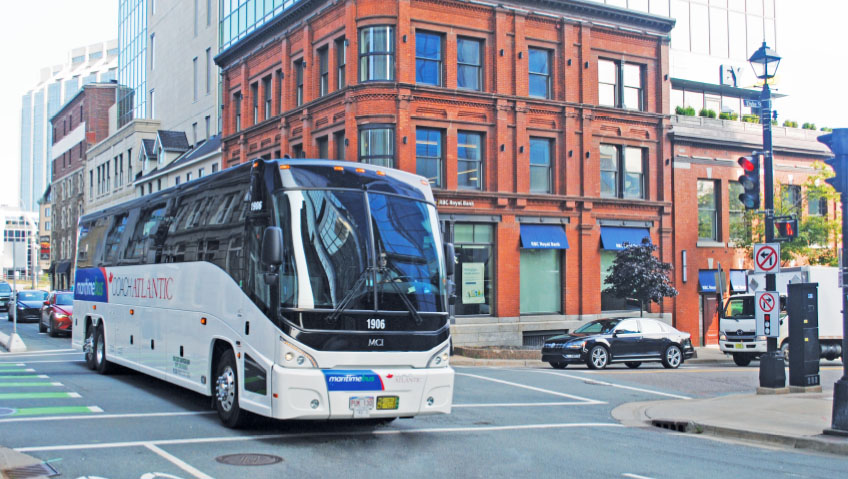According to the Triple Bottom Line (TBL), businesses must commit to social and environmental concerns in equal measure to their commitment to profits. In other words, there isn’t just one bottom line; there are three: people, planet, and profit. In fact, the theory maintains that if a company only focuses on its earnings, without regard to the social and environmental impact, then it is impossible to gather a full and accurate cost of doing business.
John Elkington put forth the theory in 1994 to measure corporate performance and to challenge companies to re-examine their approach to capitalism. The British management consultant, serial entrepreneur, and sustainability thought-leader wanted to propel companies toward a new way of thinking that would improve the wellbeing of both people and planet.
Traditionally, profit is the driving force behind a business and its measurement of success. Within the TBL framework, profit covers more ground than just how much money a company clears at the end of the day. Adherents must earn profits ethically and fairly, while also recognizing the impact that the company’s financial decisions have on others. This could mean utilizing local vendors and small businesses to support the community, paying their fair share of taxes, paying back loans on time, and investing financially into the community through corporate sponsorships, development projects, and more.
When it comes to people, a corporation’s primary concern is usually its shareholders. The people-centered focus of TBL shifts this concern to include all stakeholders, a broad category covering virtually everyone who comes in contact with the business. These people may not have a direct financial stake in the company, as shareholders do, but they still have a very real interest in, and are affected by, the way the business operates.
Employees are perhaps the most obvious group of people to fit the stakeholder category. According to the TBL philosophy, they must be given a safe environment to work in and earn a fair wage. They also need to be given a chance to develop professionally and better their situation, if applicable. Customers deserve safe, effective products developed with their feedback in mind. Vendors should be diverse and, when possible, small, locally owned businesses. Minority-owned businesses and woman-owned businesses should also be prioritized.
The planet, and the impact the company makes on it, is the third component of the triple bottom line. Rather than making choices based solely on cost savings, the TBL way of doing business requires companies to consider the welfare of the environment. In fact, cost savings no longer becomes the ultimate metric; environmental impact becomes a new, broader way of measuring a company’s success. This means that companies might not necessarily choose the most economical option. Indeed, sustainable alternatives are often more expensive but, according to the TBL, their benefits to the planet outweigh the extra cost.
Specific actions to reduce negative impact on the planet might include reducing the company’s carbon footprint, reducing or eliminating its use of toxic substances, utilizing natural resources, and reducing waste. To positively impact the planet, companies must go a step farther, taking on initiatives such as reforestation, waste removal, and environmental clean-up.
Our ideas around corporate responsibility have certainly evolved since Elkington coined the phrase ‘triple bottom line,’ with sustainability appearing to have become an important factor in how many companies do business. The TBL concepts have played a strong role in bringing about that change. But in 2018, Elkington “recalled” the theory, arguing in a Harvard Business Review article that the radical goal behind the TBL had been swept to the wayside. Rather than embracing true, systemic change, too many early adopters reduced his idea to a mere accounting and reporting tool—a balancing act in which companies adopted a “trade-off mentality.”
But the change was meant to be deep and disruptive. “TBL’s stated goal from the outset was system change—pushing toward the transformation of capitalism. It was never supposed to be just an accounting system,” Elkington writes. Instead, the principles were meant to be a “genetic code, a triple helix of change” for the future of capitalism.
Yet, many companies continue to put profit first while simultaneously earning the public’s goodwill for their environmental consciousness. It appears that Elkington’s recall is not due to a problem he has with the theory itself, but rather with the way it is being incorrectly applied or even, perhaps, twisted for advantage.
Elkington does not call for an end to the concept he coined, but rather “a strategic recall to do some fine tuning.” He points out that the success or failure of a company’s sustainability goals cannot be determined through profit and loss alone. Instead, the health of our planet, and the wellbeing of the billions of people populating it, must also be the deciding metric. He acknowledges there have been successes when it comes to sustainability, but that the Earth’s resources and climate remain under ever-increasing threat. “It is time to either step up—or to get out of the way,” he concludes.
Fortunately, there are some organizations that seem to have adapted TBL principles as they were meant to be. Elkington’s article mentions Unilever by name as one of them. On its company website, the global giant describes itself as “a company of brands and people with a clear purpose: to make sustainable living commonplace.” The company has demonstrated this statement through a number of initiatives to reduce its carbon footprint, waste, energy use, packaging, and water consumption.
When it comes to people, Unilever has been a UNICEF corporate partner since 2012, working to improve the quality of life for children around the world. Its brand Lifebuoy—a major seller in regions with high infant mortality rates—works to reduce the spread of disease through a hand washing initiative. Unilever has also worked to provide people with access to sanitary toilets and education. Dove, one of Unilever’s major brands, launched Dove’s Self Esteem Project to positively impact people’s self-acceptance and self-esteem.
Patagonia is another company that adheres to the triple bottom line. People come first, with employees receiving a fair wage, good benefits including health care, flexible work schedules, paid time off for environmental internships and, in some locations, subsidized childcare, according to the company website.
Patagonia does not produce its own products or own any of the factories that do. “This arrangement poses special challenges for us because we feel responsible for any work,” the company website states. Taking responsibility for this sourcing is an important TBL component.
“When considering new factories, or evaluating current ones, we take a ‘4-Fold’ vetting approach—one that considers social and environmental practices equally with quality standards and business requirements, like financial stability, adequate capacity and fair pricing,” the company website states. Patagonia even has a Social and Environmental Responsibility (SER) team to help ensure that the company doesn’t source from factories that don’t share its social and environmental values.
The TBL concepts have had an undeniable impact on how business is done around the world—and, in turn, on profits, people, and the planet. While not always carried out as Elkington intended, the companies that do adhere to the principles offer a hopeful glimpse into the potential that businesses have to embrace a bottom line that covers more than simple earnings, for the good of all.






